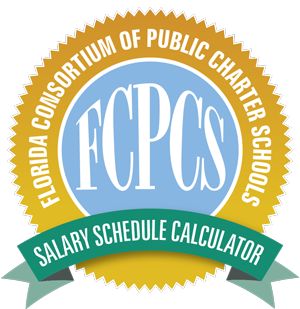Studies show that children who do not read or have access to books during the summer lose up to two months of reading performance. Those losses accumulate during the elementary school years so that by the time a child enters middle school he/she may be two and a half years behind! All children, whether from low, middle or upper income families, may fall victim to the “summer slide” if not provided with summer reading opportunities. So how do we prevent the summer slide or even hope to accelerate reading growth? Here are a few ideas:
Visit your local library: Help your child find “good fit” books. Good fit books are books that are of high interest to your child and are not beyond their reading level. You can use the five finger test to determine if the book is too difficult for your child. Open the book to a page with many words. Have your child begin reading the text. Hold up a finger for each word he/she does not know. If you have four or five fingers up, the text may be too difficult for your child to read independently. Feel free to still check out the book! It just may be a book you want to read with your child.
Be sure your child reads at least 20 minutes a day: According to research, a child who reads only one minute a day outside of school will learn 8,000 words by the end of sixth grade where a student who reads 20 minutes outside of school will learn 1,800,000 words. If reading isn’t one of your child’s top priorities, you may need to set up an incentive program.
Set a good example: When your child sees you reading and enjoying a book or a newspaper article, you are sending a message that reading is important and valuable. Read to your child. When you read to your child, he/she hears the rhythm of language. Be sure to read with expression. Changing your voice for different characters and increasing your volume during exciting parts are only a few ways to keep children engaged.
Read with your child: Explore different types of reading such as poetry. For our little ones, poetry is a great way to improve phonemic awareness skills as poetry often incorporates
rhyme. For our older children, poetry is a means of improving fluency. Read for different purposes. Reading directions for a recipe or directions for assembling a toy
are fun ways of incorporating reading into everyday activities.
Play games with words: A commercial game such as Apples to Apples improves vocabulary. You can easily turn a game of hopscotch or 4-square into a game that incorporates learning letters or sight words.
Have a happy and healthy summer! Be sure to read, read and read some more. Not only can we prevent the summer slide, we can accelerate reading growth.



